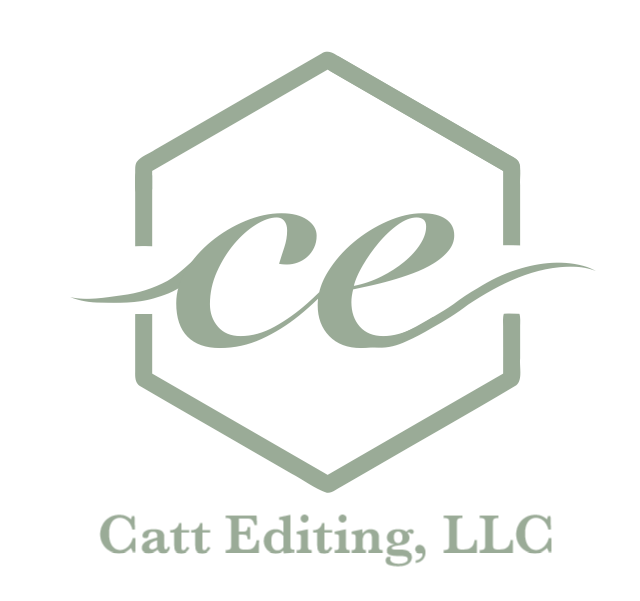Maintaining Motivation
This guest post was written by writer and editor Anna Britton.
We all enjoy different parts of the writing process. I’m a pantser (so I do very little planning at all), and I love those early drafts when I get to play and write freely. I essentially like any part of the process when I get to dig down into the essence of a story. Throw story arcs and character development at me, and I will be a happy bunny.
But there are also those bits of writing and taking a story from a messy first draft to a polished novel that are not so fun. I wouldn’t go so far as to use the word hate, but there are some stages that seem to last forever, and we can feel like we are slogging through some pretty thick mud.
For me, line edits are the toughest. I have to throw all the big picture stuff out the window and focus on the words, sentences, and paragraphs, and that does not come naturally to me. I have to consciously make time to do this, otherwise I will procrastinate and then sob over why my novel isn’t polishing itself.
There are several ways I essentially trick myself into doing writing/editing that feels too hard or like it’s taking too long:
1. Reading Great Stories
I find this so inspirational. At any point when I’m finding writing difficult, reading the work of others reminds me of why I’m doing this. It’s only by working my ass off that I’m going to even get close to their greatness.
2. Small Rewards
Mainly cake! I’m not massively one for having sticker charts or anything (go for it if this works for you!), but I like to get to the end of an editing session and pat myself on the back. So I try to have things lined up that make it worth working until the end of hour. This can be drafting something else, going on a walk with a friend, or some kind of tasty treat.
3. Sprints
If I’m really struggling, I’ll break my writing time down into little chunks. Thirty minutes works for me. I set a timer and write until it goes off. I often find that I write beyond the thirty-minute mark because by then, I’ve tricked myself into finding my groove. But even if I crawl to the end, I’ll know I’ve done something.
4. Moaning to Writing Friends
This is genuinely helpful! They’ve all been through the same trials, and they’ll have encouraging things to say. I find that Twitter is a great place for a little bit of writing angst.
5. Avoiding Social Media
Sometimes I find it helpful to put my phone far away. It’s far too tempting to keep flicking through Twitter (except to do some motivational moaning!), and then an hour’s editing is actually closer to half that because of all the time spent watching dog videos.
6. Measuring Progress
This is a big one for me. I love noting down how many pages/chapters I’ve edited. Seeing the amount slowly rack up really encourages me.
7. Setting Achievable Goals
This one is essential too. I am a classic one for biting off way more than I can chew. Instead, I try to look at the time I actually have to dedicate to writing, figure out how quickly I work at each stage, and then set generous goals. I make them kind so that when I smash them, I feel great rather than being miserable because I set my sights too high.
8. More Cake
Frankly, I’m surprised that acknowledgments aren’t largely dedicated to this. Cake is writing fuel.
9. Why
And one of the best things I do when writing is tough and I don’t know why I’m still doing it, is return to the WHY. Why do we write? The answer will be different for all of us, but looking back at that gives me the boost I need to power through pesky edits and get back to doing the bits of writing that I love.
Anna Britton is a writer and freelance book editor focused on the developmental side of edits. She gives feedback on plot, pacing, characters, setting, and so much more! Her hope is that her feedback will give other writers the tools and confidence they need to make their stories shine. Anna also runs lots of online workshops, writes her own young adult and crime novels, and has a beautiful Labrador called Odie. You can learn more about her on her website (https://annabritton.co.uk/).

